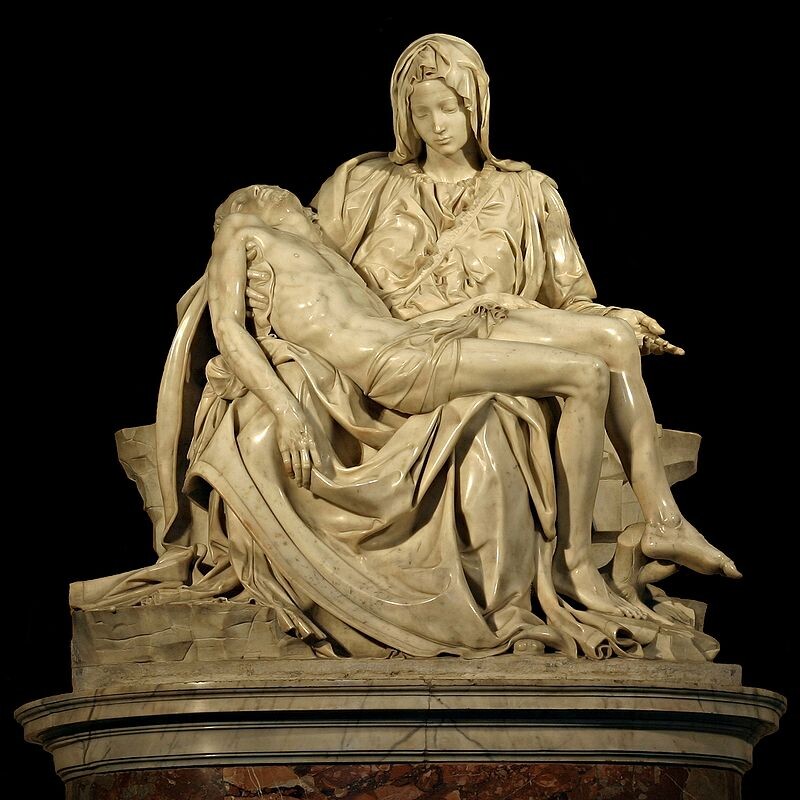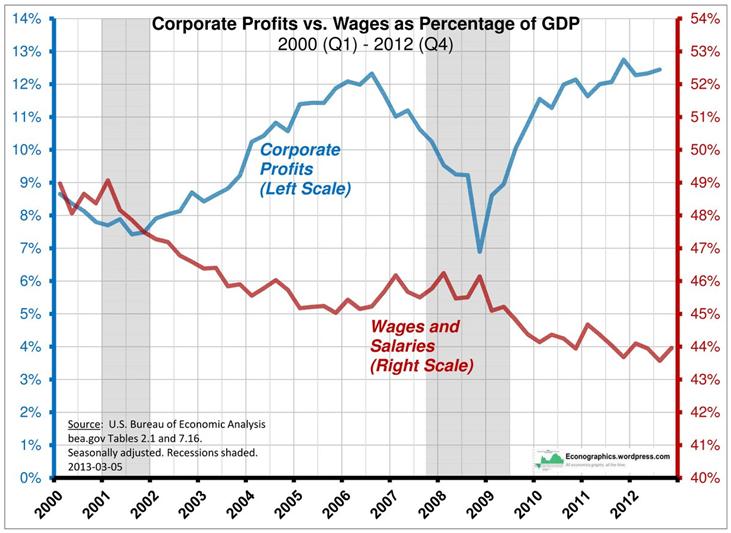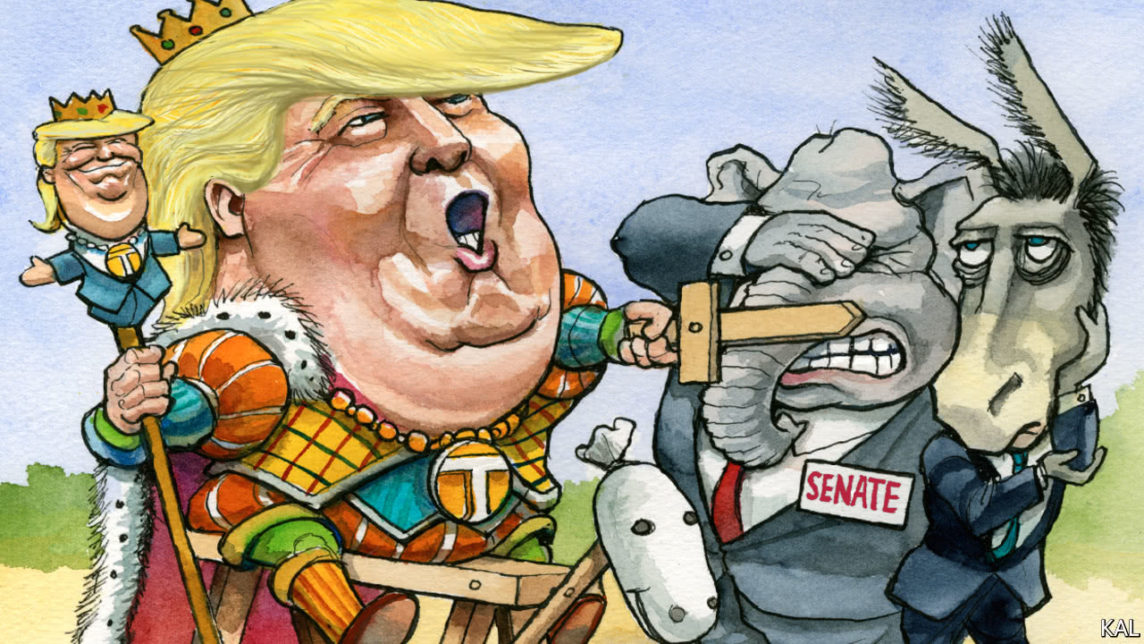We all, with unveiled faces behold as in a mirror, the glory of Christ are transformed to that same image, from glory to glory.
God in His glory is revealed only by the congregation – the Church; each man revealing a measure of glory – the multifaceted wisdom of God.
Apostle Paul in 2 Cor 3 wrote that the Corinthians represent his apostolic epistle engraved in human hearts; in other words, that the glory of God manifest within the hearts of the Apostles has been ministered to the Corinthians, as it is known and read by all men. This Ministration of the glory is in the same manner as the epistle of Moses, which he termed the Ministry of Death; yet was manifest with glory, a glory that the Israelites could not stand.
Moses had to wear a veil, but not us – not here, in Christ, we do not wear veils, we can stand the glory; for God who has commanded light to shine out of darkness has shone in our hearts to give the light of the knowledge of the glory of God in the face of Jesus Christ.
So, the Apostolic Ministrations always manifested with surpassing glory can be beheld with unveiled faces. When we do so, this causes transformation in the hearts of the beholder, hence, our challenge is not in the capacity to behold, but in the willingness to behold; the Christian is therefore limited by the quality and quantity of his consecration to his sanctification.
So, here then is the summary:
- Anyone who turns to Christ has had the veil removed, there is now an inherent capacity to stand the revelation of glory and to be transformed to the same level of glory.
- It is God who has made this capacity possible – the Lord is that Spirit, and where the spirit of the Lord is, there is liberty.
- The duty of continuous beholding is the common task.
- With this confidence, the revelator or the Minister is emboldened to speak freely, confident that the revelation of the ascending glory of God (from glory to glory) can effect corresponding transformation to the receivers via the technology of being-in-Christ-Jesus.













